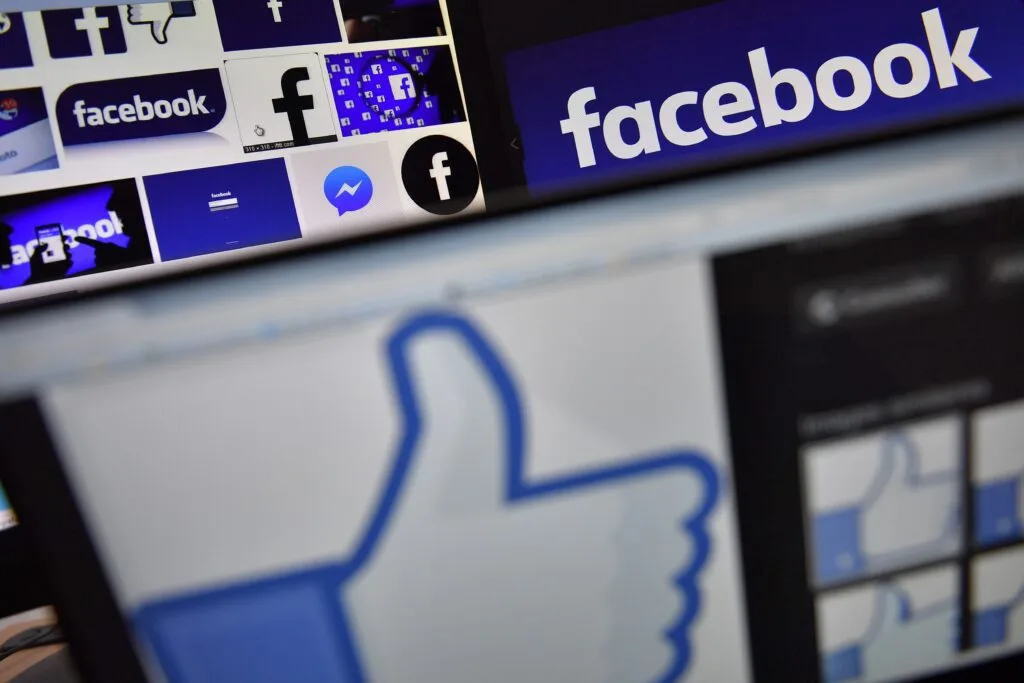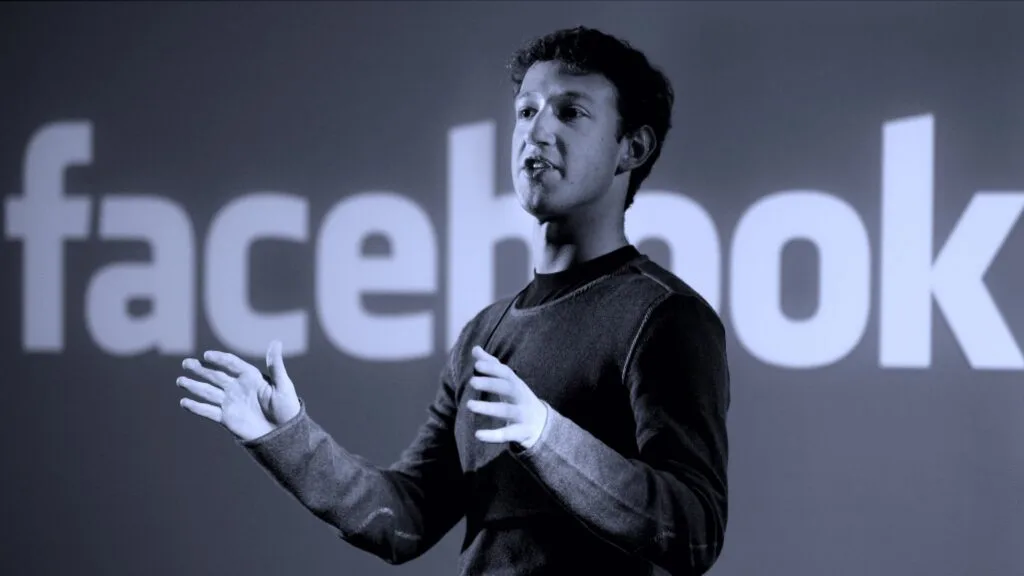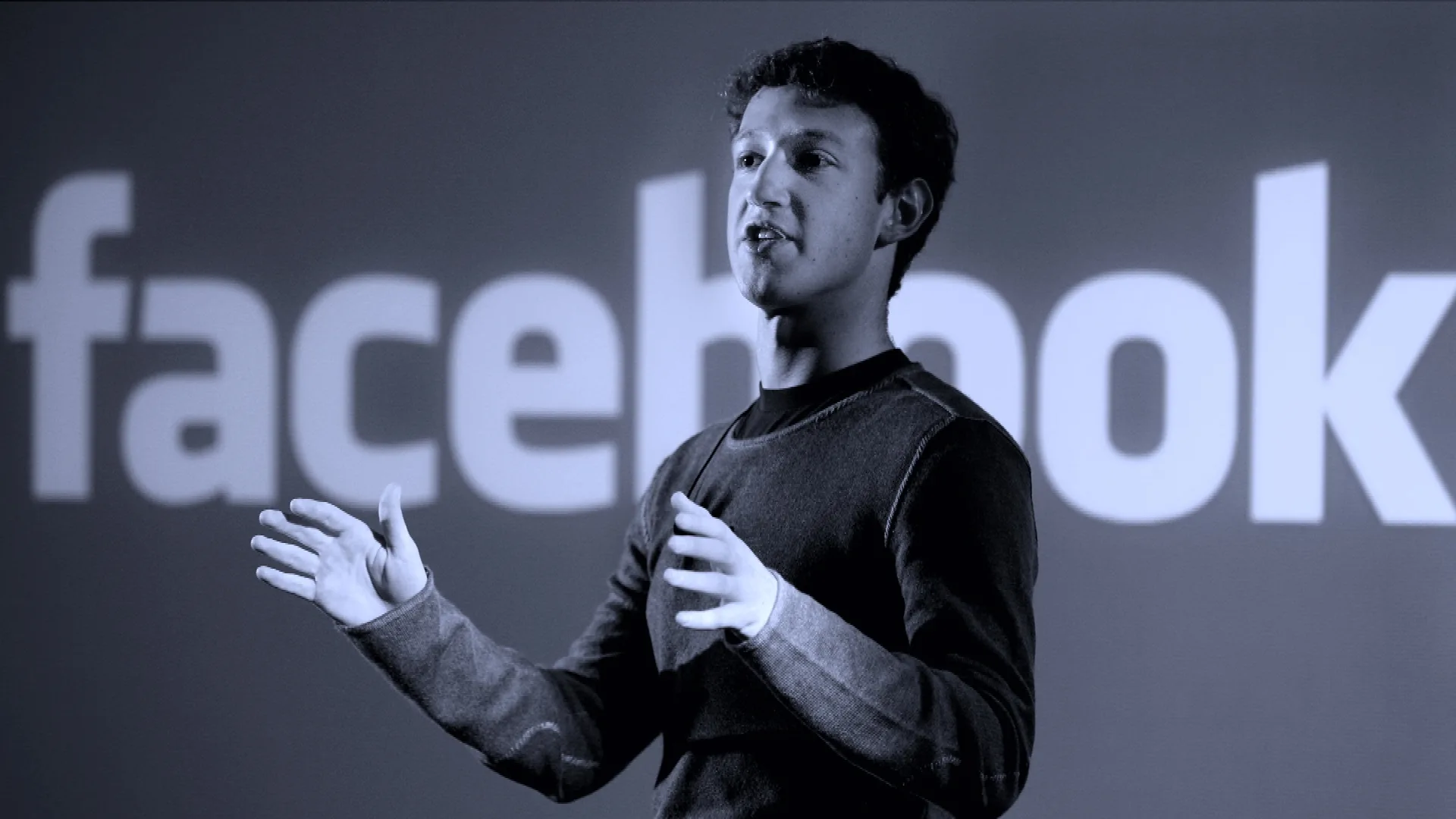Facebook Tackles Misinformation Around the 2020 Census

July 2, 2019
Share
With pressure mounting around the U.S.’s first electronic census, Facebook announced that it will tackle misinformation.
The company outlined in an update its plans to protect census integrity, which it says it will treat “with the same priority and focus as a high priority election.” The announcement, which was published on Sunday, is part of the company’s ongoing civil rights audit.
“An accurate census count is crucial to governments for functions like distributing federal funds and to businesses and researchers. That’s why we’re going to treat next year’s census like an election — with people, policies and technology in place to protect against census interference,” said Sheryl Sandberg, COO of Facebook.
According to a Facebook spokesperson, the company’s approach to the 2020 census will look a lot like its policy on voter suppression: prohibiting users from spreading false information around the census or threatening violence for participating in it. The full policy will be available this fall.
Facebook plans to work with non-partisan organizations to help with flagging misleading content and efforts to discourage participation in the census, which will be similar to the way the company has previously set up reporting channels for state election officials to flag voter suppression content. The company also plans to deploy algorithms to detect and delete census related content that aims to manipulate the count. In addition to fighting misinformation, Facebook will work to promote higher participation in the census — which historically under counts minority groups — through “Get Out the Count” groups.
The census is crucial for determining congressional districts and funding for the next decade. Next year will be the first time in the census’s 230-year history that participants will be allowed to answer questions online, which — particularly after the interference in the 2016 elections — has caused concern. Officials from the Census Bureau have been meeting with tech giants like Google, Twitter, Microsoft and Facebook ahead of the 2020 count.
“We know from experience that hostile actors are using the internet to spread disinformation and that they’re specifically doing so in an effort to undermine American democracy,” said Joshua Geltzer, executive director of the Institute for Constitutional Advocacy and Protection at Georgetown Law. “It’s the basis for allocating House seats, Electoral College votes, and billions of dollars in federal funding. That makes it a potentially appealing target for those looking to undermine American democracy through the online spread of disinformation.”
Geltzer explained that there are two main categories of threats that could affect the census: the integrity of the data that is collected, which could be altered, deleted or stolen; and the spread of misinformation on social media that could discourage participation or mislead people about how to participate.
In 2018, Geltzer and a coalition of cybersecurity experts wrote a letter to the Census Bureau highlighting their concerns about possible issues that could arise with the newly digitized census, calling on the bureau to enable tighter security features like two-factor authentication for office and field staff.
“Going digital for the first time means that the census is vulnerable to the array of threats we’ve seen arise all too often in other digital contexts,” Geltzer said.
The Census Bureau has been receptive of these concerns and has been working on creating defenses around these risks. They are currently working with the Department of Homeland Security to utilize a new system to monitor government networks for malicious activity and communicate with members of the intelligence community about specific threats.
“The census is foundational to American democracy,” said Geltzer. “That, in turn, makes ensuring the integrity of the census an urgent priority.”
Related Documentaries
Latest Documentaries
Related Stories
Related Stories
Explore
Policies
Teacher Center
Funding for FRONTLINE is provided through the support of PBS viewers and by the Corporation for Public Broadcasting, with major support from Ford Foundation. Additional funding is provided the Abrams Foundation, Park Foundation, John D. and Catherine T. MacArthur Foundation, Heising-Simons Foundation, and the FRONTLINE Trust, with major support from Jon and Jo Ann Hagler on behalf of the Jon L. Hagler Foundation, and additional support from Koo and Patricia Yuen. FRONTLINE is a registered trademark of WGBH Educational Foundation. Web Site Copyright ©1995-2025 WGBH Educational Foundation. PBS is a 501(c)(3) not-for-profit organization.





















